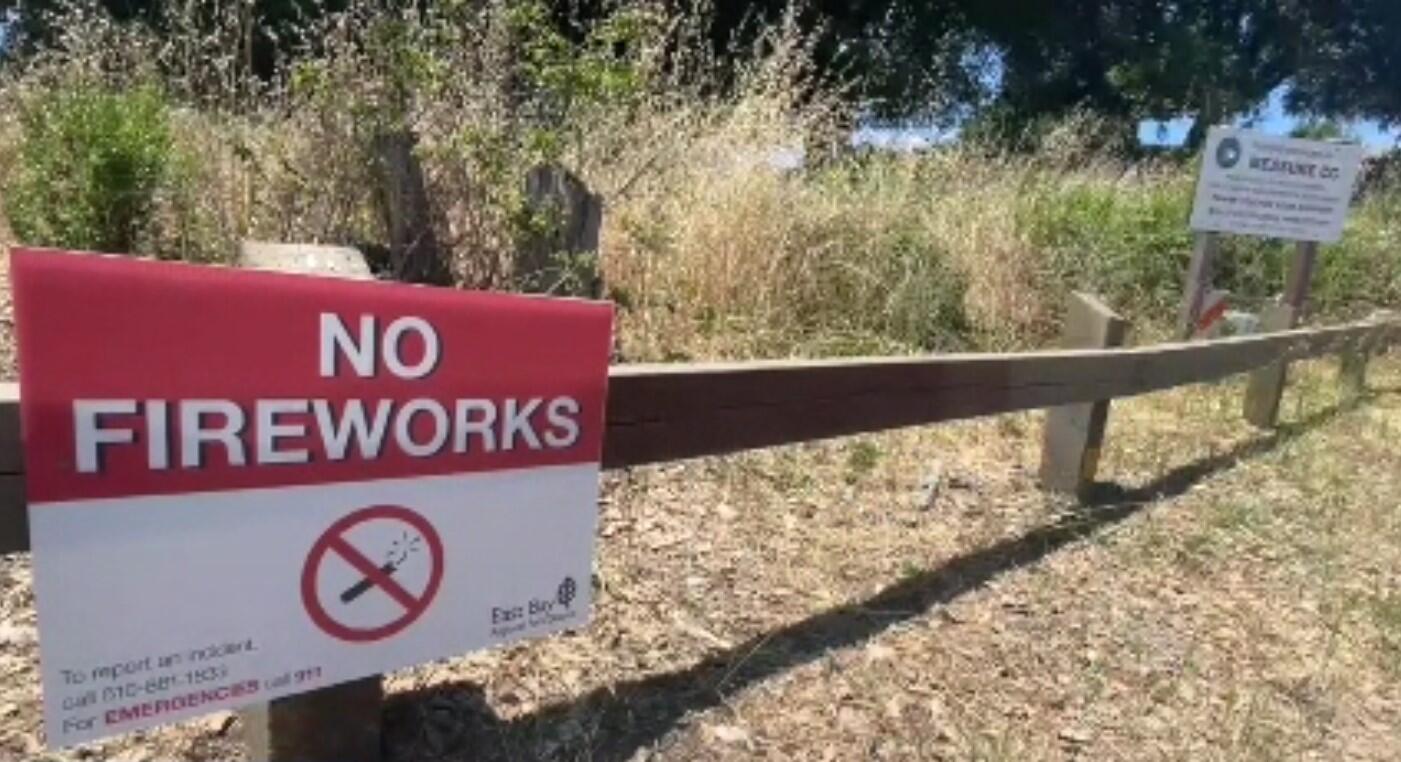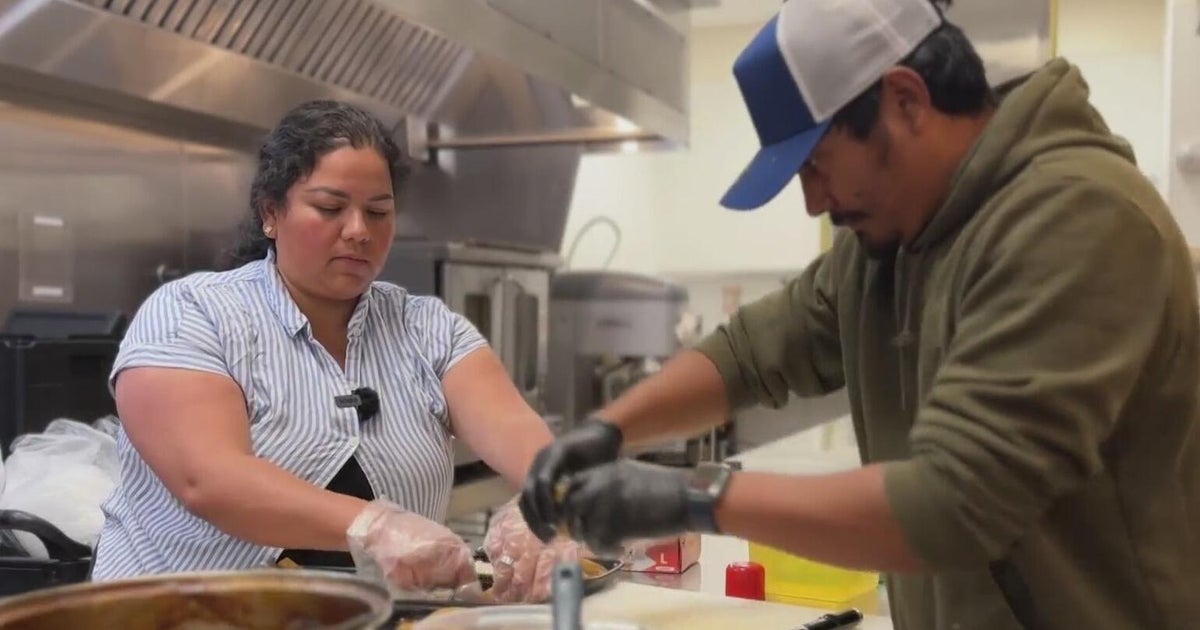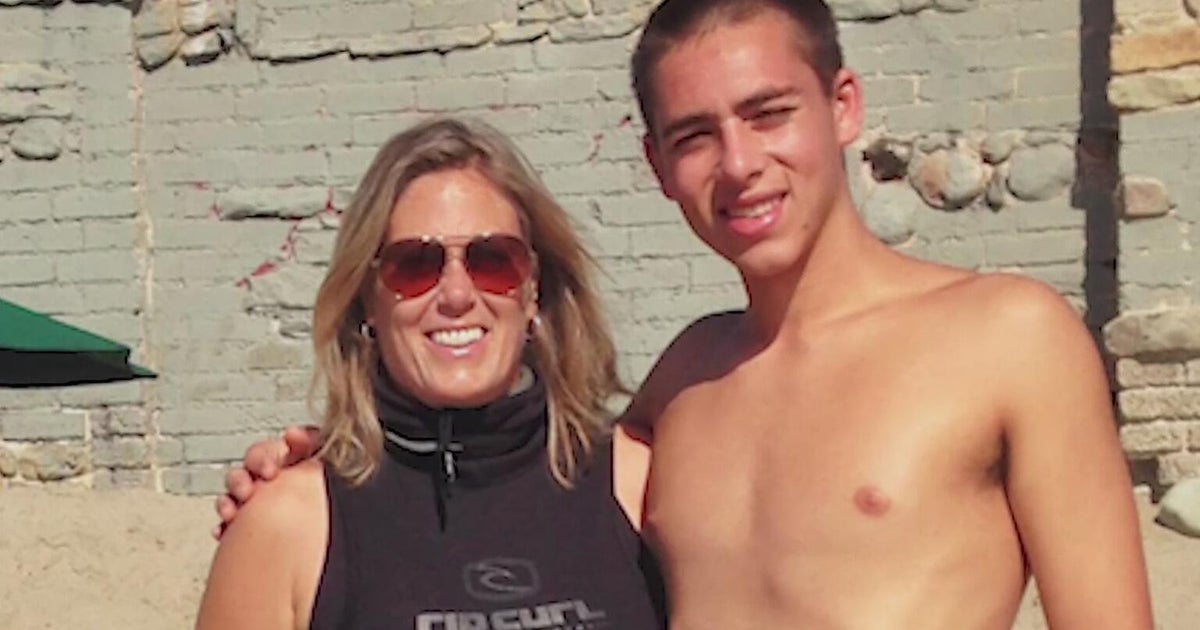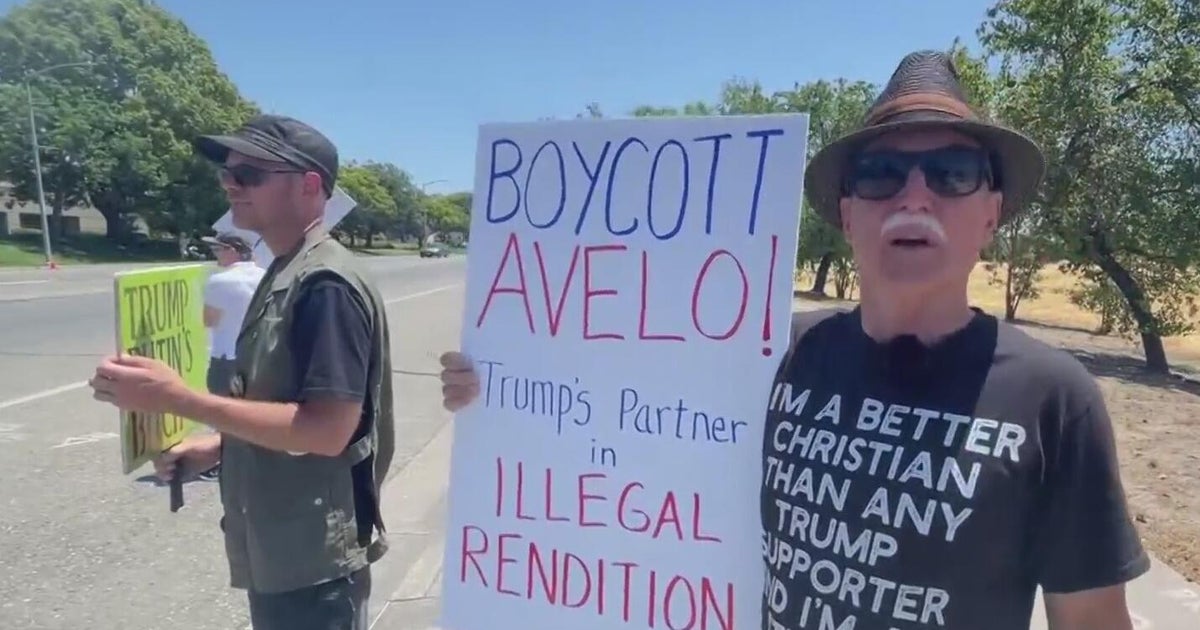Oakland braces for July 4th illegal fireworks and the threat of fires
As the Bay Area moves closer to the July 4th holiday, city leaders are preparing for the likely scenario of the skies above Oakland being filled with illegal fireworks.
Thirty-four years ago, the community had a very real experience with a devastating wildfire, and they've been holding their breath ever since. The Oakland Hills Fire in 1991 didn't happen on July 4th. It was in October. But every year around Independence Day, when the fireworks start blowing up around town, it brings Yuko Matsumoto back to the day she lost her home in the Oakland Hills.
"It brings back that awful memory of '91," said Matsumoto. "My neighbor just knocked on the door, and that's how we learned. We had 15 minutes to get out. It was just an incredible fire. I never seen anything like that. It was so hot."
The city hopes it never has to see that again, and on Monday, Oakland's mayor and fire chief spoke at a press conference about the efforts that have been made.
"Our city has been working day and night to accomplish our goals," said Mayor Barbara Lee, "one of which is tackling wildfire risk in Oakland's high fire hazard zones."
"Our crews are out every morning right now, doing 25,000 residential inspections, making sure that we've created our defensible space around each home," said Fire Chief Damon Covington.
On a larger scale, that means eliminating grasses and brush using machinery and herds of goats, as well as an ongoing effort to remove highly flammable eucalyptus trees in the hills. And while all fireworks are officially banned throughout Alameda County, the fire chief admitted Oakland hasn't had much success in enforcing the ban.
Each year, video taken from the hills shows professional-grade pyrotechnics exploding all over the city.
"As anyone knows that's been in Oakland for any amount of time, July 4th is one of our more treacherous days when it comes to fire safety," said Covington.
For that reason, the city will close Grizzly Peak Boulevard from 6 a.m. on the 4th to 6 a.m. the following morning. The street runs along the top ridge of the Oakland Hills and was an area that lost a lot of homes in 1991. It's also where Matsumoto lives.
"I feel really grateful they do shut the street," she said. "Because there are careless people who might throw whatever, and start the fire again. Because it's so close to where the '91 fire started."
Joe Whitehouse was one of her neighbors back then and stayed behind to try to fight the inferno.
"When you burn down 3,000 homes in two days, it's a tremendous loss to the area. But it literally changed the whole area when they rebuilt. People took it very seriously," said Whitehouse. "But now a lot of people don't necessarily understand what can happen. And, of course, we didn't either."
The city understands what can and does happen this time of year with fireworks. At the press conference, the chief encouraged people with illegal fireworks to turn them in at fire stations. And at this point, all he was doing was asking.
"My plea to you, to the community of Oakland, is that you just watch the shows that are licensed to be had," said Covington. "And keep the fireworks off the street."
But historically, that's a plea that has fallen on deaf ears.




